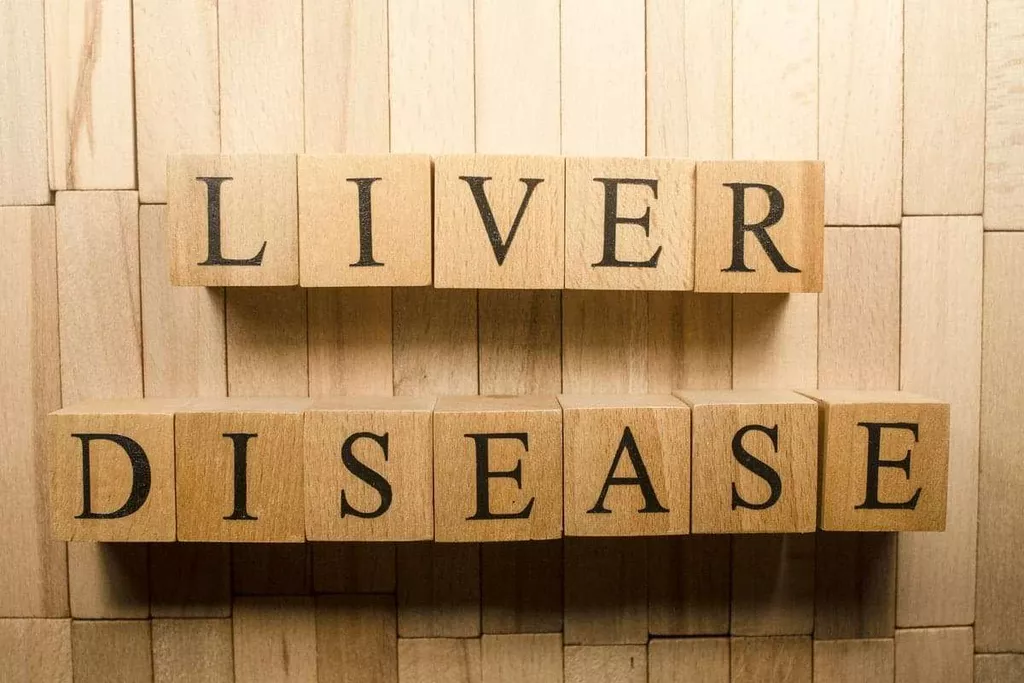Alcohol-Induced Diabetes Behavioral Health Of The Palm Beaches
Content
Neither Wetherill and Fromme [29], nor Hartzler and Fromme [37], found differences between control and blackout participants before alcohol in immediate recall tasks and across differing paradigms. Similar to our findings, Hartzler and Fromme [37] also found no group differences following alcohol for immediate recall. In contrast to our results, both papers did report an increase in deficit after consuming alcohol for their blackout participants, specifically in delayed recall of narrative details. Although these results after ingesting alcohol were not replicated here, we did not use narrative recall tasks, nor did we administer such a high dose of alcohol to participants as the above-mentioned studies. The current study is one of the largest to explore the relationship between alcohol consumption and vascular outcomes and mortality in patients with type 2 diabetes. The participants in the study cohort were well characterized, and the study outcomes had been prespecified and were independently adjudicated.
Fragmentary blackouts tend to affect only patches of memory, so a person may be able to piece together a memory on prompting. Learn to recognize your body’s signs of low blood sugar so that you can act accordingly. For those with diabetes, it is advisable to have a support network in place that knows where supplies are kept, such as a blood glucose meter, continuous glucose monitor (CGM), glucose tabs, or a fast-acting carbohydrate. Have someone in the support group who knows how to give emergency glucagon by injection or nasal inhalation. With type 1 diabetes, the body does not create (or creates too little) insulin, which requires insulin intake through injections or a pump. Someone living with type 2 diabetes has a resistance to insulin and can’t use insulin efficiently.
Diabetes and Alcohol Precautions
However, the precise time when a blackout occurred is not possible to determine from participant self-report, nor did we examine the rate of recovery after blackout—our studies focussed on finding if any deficit was present after experiencing a blackout. Towards our goal of understanding memory performance in the aftermath of an MBO event, we conducted a series of standard episodic memory paradigms on participants who reported experiencing at least 9 MBOs in the preceding 12-months (MBO group). We compared their performance with a control group who have never experienced memory loss as a result https://ecosoberhouse.com/ of binge-drinking. We employed a free recall task as a baseline for memory retrieval performance, and a serial recall task to assess memory for events in their order of occurrence [36]. We also added a depth of encoding manipulation to an immediate and delayed free recall task which compared recall for items embedded within a sentence context (deep encoding condition) vs. orthographic changes in items (shallow encoding condition). We did this to investigate if recall for items embedded in a context is affected more by an alcohol-induced MBO compared to our shallow encoding manipulation.

During the serial recall task, 17 out of 23 participants (73.9%) had significantly poorer recall accuracy after-MBO (see Fig 3D). Five participants (21.7%) showed no difference between before-alcohol and after-MBO conditions, whereas 1 participant (4.3%) significantly improved after-MBO. Finally, in the depth of encoding task, (see Fig 5A–5D), for diabetes and alcohol blackouts deeply encoded items at immediate recall, 15 (65.2%) showed significant differences between before-alcohol and after-MBO conditions, while 8 (34.8%) showed no effect. For deeply encoded items with delayed recall, 15 (65.2%) showed a significant after-MBO impairment, while 7 (30.4%) showed no effect and 1 (4.3%) an improvement after blackout.
What causes a blackout?
A 2006 study found that temporary memory loss caused by a fall in blood pressure (syncope) is a more likely cause of nonalcoholic-induced blackouts. As you drink more alcohol and your blood alcohol level rises, the rate and length of memory loss will increase. Unlike protein, fat, or carbohydrate, alcohol doesn’t require insulin to provide energy to the body. Yet, many people assume that alcoholic drinks are loaded with carbs, not realizing that wine and spirits are practically carbohydrate free—with only a trace of carbohydrate in spirits and roughly four grams of carbs in a five-ounce glass of wine. The exception is sweet dessert wines, which pack 14 grams of carb in a tiny three-and-a-half-ounce glass.
